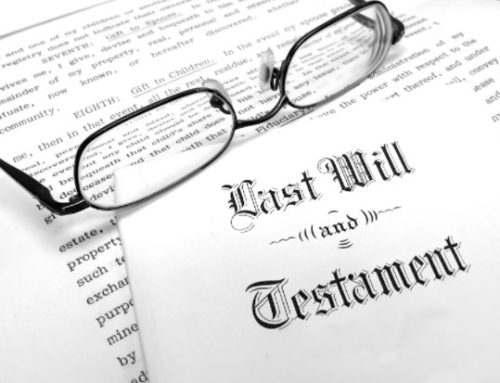When your loved one dies they generally leave behind a last will and testament. When they don’t their belongings go into probate without a will. In addition, sometimes the probate court can throw out a contested will. When there is no original will from which to draw, the court will consider the law of intestate succession.
Intestate succession is triggered when a deceased individual’s estate enters probate without a will or when a will is determined to be invalid and there is no other will to replace it. In the case of intestate succession, the court would assign an executor.
The probate attorneys at Barnes Cadwell Law can help see that your interests are noted and taken into consideration when the deceased’s assets are distributed. In addition, we can help executors with the process of distributing the deceased’s assets. We can address your concerns and help you ensure that the court administers your loved one’s assets properly.
Benefits of Probate Without a Will
Believe it or not, there are some benefits to entering probate without a will. Some of those benefits include:
- Creditors. When there’s no will, creditors have less time to file a claim against an individual’s estate. In some instances, they will have as few as three months after which they will lose their chance to file claims against the deceased’s estate forever.
- Resolves disputes. When heirs squabble over assets it can make the process of grieving over your loved one that much more painful. Intestate succession is basically an algorithm that determines who gets what. This involves choice, and there is no way to contest it. The algorithm determines who gets what property.
- Transfers the title of a home or other real property. Probate will painlessly transfer the title of real property to an heir unless the property is held jointly or held in a trust.
Starting Probate Without a Will
When your loved one dies, someone needs to oversee the process by which their assets are distributed. There are two options. Either someone close to the loved one can oversee this process, or the loved ones can enlist the services of a professional fiduciary. While the latter option is more expensive moneywise, the former option is more expensive timewise. There’s no correct answer for your situation. It merely depends on whether or not anyone is willing to take up the role of executor.
Filing a Petition for Administrator
Those who want to conduct the administration of the deceased’s property themselves must file a petition with the court. If the estate is small enough, it may qualify for an exemption from probate. In that case, the administrator would need to produce an overall value of the estate with an itemized list of assets that will be distributed.
Where the Probate Will Take Place
Generally speaking, probate can take place in any number of areas. If the deceased owned property in multiple states, it may need to pass through several probate courts. The primary court for personal property will generally be the county in which their primary residence was located.
Death Certificate
Those who wish to petition the court to act as administrator will need to provide the court with a certified copy of the death certificate of the deceased. The forms are called the Petition for Letters of Administration. When you file this document, you are asking the court to appoint you as administrator of the deceased’s property.
You will also need to provide the names and addresses of any potential heirs.
Notice of Petition to Administer Estate
When these forms are complete and filed, you will need to inform potential heirs that you are petitioning the court to administer the deceased’s property. Direct family will need to have this notice sent to their homes. In addition, you will need to place an ad in a local newspaper with a large distribution size. This notice serves not only to inform interested parties but creditors as well. Creditors generally have 4 months after the first notice is posted.
Contact a Probate Attorney for More Information
Acting as the administrator of an estate can be a time-consuming process. There are forms to fill out and deadlines to meet. One mistake and you can end up being held personally responsible. Therefore, many of those who administer estates retain the help of the skilled probate attorneys at Barnes Cadwell Law. We can help answer your questions and settle your concerns. Call us today.



